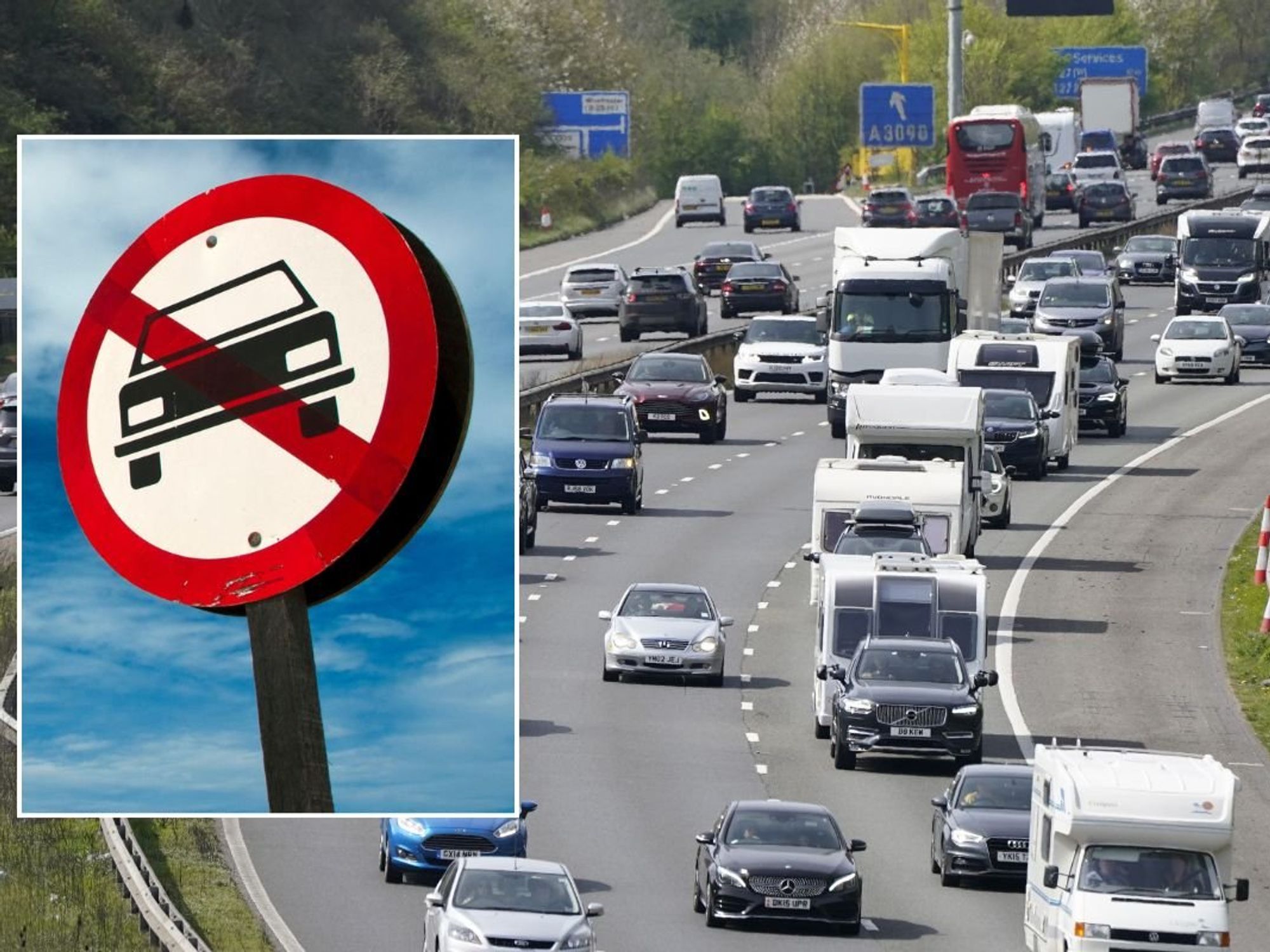Britain should be devolved into a senate of Nations and Regions...but beware the example of the SNP in Scotland - Lord George Foulkes
OPINION: Lord George Foulkes, served as Minister of State for Scotland from 2001 to 2002 said devolving power to local councils would be a mistake
Don't Miss
Most Read
Latest
Over the years, there has been constant chatter around the scope and limits of devolution. But this has, to date, mostly been restricted to the devolved nations within the United Kingdom - Scotland, Wales and N. Ireland. Meanwhile a real democratic deficit has been growing, under our very noses, in England.
This has begun to be acknowledged with the gradual expansion of Metro mayors, both in terms of numbers and powers, and there have been some great success stories. Andy Burnham stands out as an excellent example of how devolved powers can be wielded to great effect - overhauling public transport in Manchester, and revitalising their economy. But vast areas of England still remain out in the cold, as a result of a patchwork system which grants varying degrees of power, under a variety of political structures, to different English regions.
We need a comprehensive and coherent plan which can extend a more uniform approach to devolution across the South, balancing out the unequal distribution of power and resources which undoubtedly still centres around London. This kind of constitutional shake-up will not be easy, but Labour have the capacity to move quickly in this area thanks to the excellent groundwork that has been laid by various academics and organisations, most prominently the recent Gordon Brown Commission.

Mayor of Manchester Andy Burnham is an example of successful devolution in the UK.
|Getty Images
The benefits of devolution are well known – improved public services, a more even spread of regional development, increased democratic engagement and accountability, and economic growth rank amongst them – but the, less well recognised, constitutional impact of a devolved England could also extend to reform of the un democratic and anachronistic House of Lords.
A Senate of the Nations and Regions, comprised of Senators elected by each of the devolved nations and the regions of England, is the option I would personally favour, as this could offer a whole host of benefits including: enhanced democratic legitimacy of the upper chamber, improved policy scrutiny through the application of regional lenses, and a stronger, codified devolution settlement that would help reduce tensions with Westminster.
Of course, there is always a risk that devolution, if poorly enforced, can further entrench problems – just look at Scotland where the SNP’s power-hungry campaign of Holyrood-focused centralisation has led to crumbling public services in many parts of the country, beyond the central belt. But this should not be considered as a reason for blocking devolution, rather it is a valuable lesson about what type of devolution will or won’t work. Decentralisation is not a cure-all if it simply moves power to a smaller centre that is equally inward-looking; it must focus on methods for genuinely redistributing resources equally, throughout regions.

The power-hungry SNP damaged Scottish public services.
|Getty Images
Labour’s devolution whitepaper recognises both the benefits and the potential pitfalls. By granting smaller local authorities the opportunity to merge we are unlocking economies of scale, for key regions throughout the country, in a way that will ensure community voices are amplified and remain in control. This should unlock all manner of economic benefits, so long as these newly formed regional councils are provided with the resources and support which will allow them to connect with and learn from one another.
The devolved nations, Scotland in particular, would do well to also begin exploring further devolutionary pathways. And, with the Scottish election looming large in 2026, it is heartening to see Anas Sarwar commit to a plan for rapid delivery of new social and economic measures across regions in Scotland, which should effectively undermine the paltry independence offering.
The devolution revolution is well and truly here; we must, now, ensure that the rollout is co-ordinated, ambitious, and truly focused on restoring power to the communities that successive Tory & SNP governments have forgotten.











